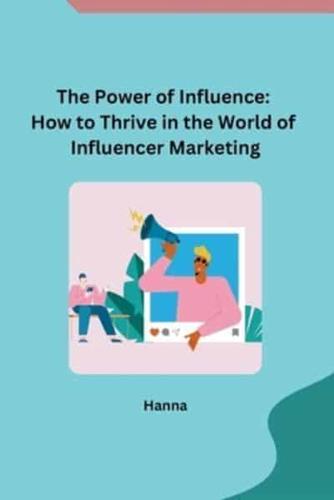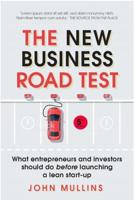Publisher's Synopsis
In today's digital age, the world of advertising has undergone a significant transformation. Traditional methods of reaching consumers through TV commercials and print ads are losing their effectiveness as people become increasingly adept at tuning them out. This is where influencer marketing comes into play. In this subchapter, we will delve into what influencer marketing is and how it has become a powerful tool in the advertising industry.
Influencer marketing can be defined as a strategic collaboration between brands and influential individuals who have a substantial online following. These influencers, who could be bloggers, social media personalities, or even celebrities, have built a loyal and engaged audience who look to them for recommendations and advice. Leveraging their credibility and trust, brands partner with influencers to promote their products or services.
The rise of social media platforms like Instagram, YouTube, and TikTok has significantly contributed to the popularity of influencer marketing. These platforms have allowed influencers to connect with their audiences on a personal level, creating a sense of authenticity that traditional advertising struggles to achieve. Influencers are seen as relatable figures, and their endorsements feel more like recommendations from a friend rather than a sales pitch.
One of the key advantages of influencer marketing is its ability to reach niche audiences. With the vast array of influencers catering to various interests and demographics, brands can find the perfect match for their target audience. Whether it's a fitness guru promoting workout gear or a beauty blogger reviewing skincare products, influencers have the power to influence purchasing decisions within their specific niche.
Influencer marketing also offers a high return on investment for brands. Studies have shown that the average ROI for influencer marketing campaigns is $5.20 for every $1 spent. This is partly because consumers tend to trust recommendations from influencers more than traditional ads. By associating their brand with a trusted influencer, companies can gain access to a highly engaged and receptive audience.
However, it's important to note that influencer marketing is not without its challenges. As the industry has grown, so have concerns about transparency and authenticity. Some influencers may engage in unethical practices, such as buying fake followers or promoting products they don't genuinely believe in. It is crucial for brands to carefully vet influencers and establish clear guidelines to ensure the integrity of their campaigns.










